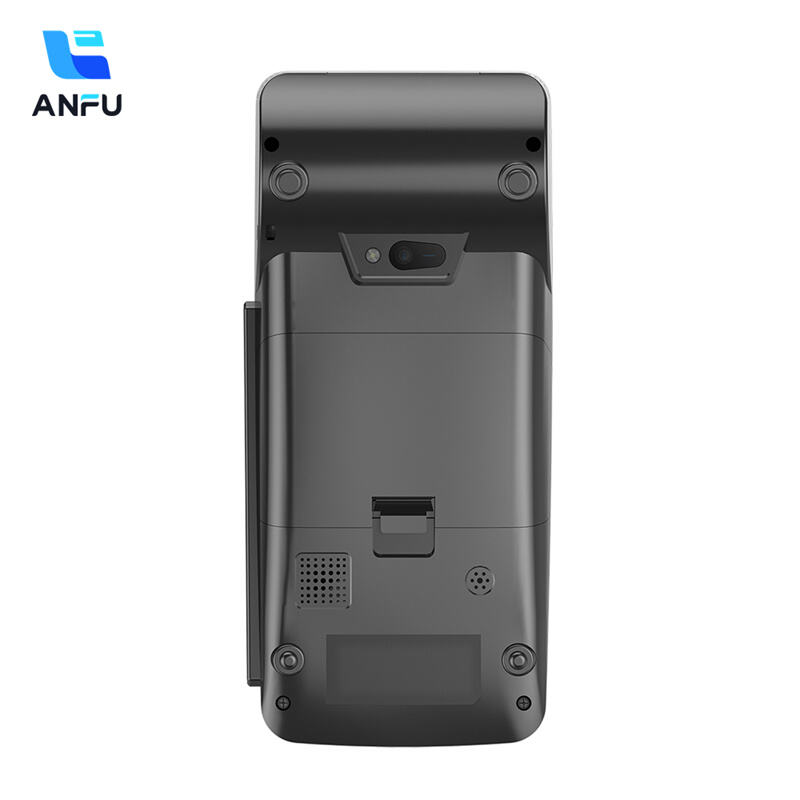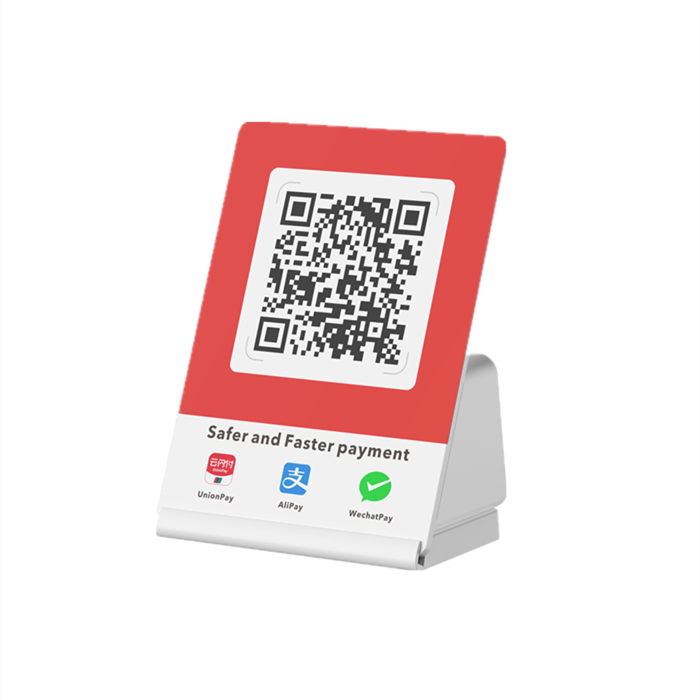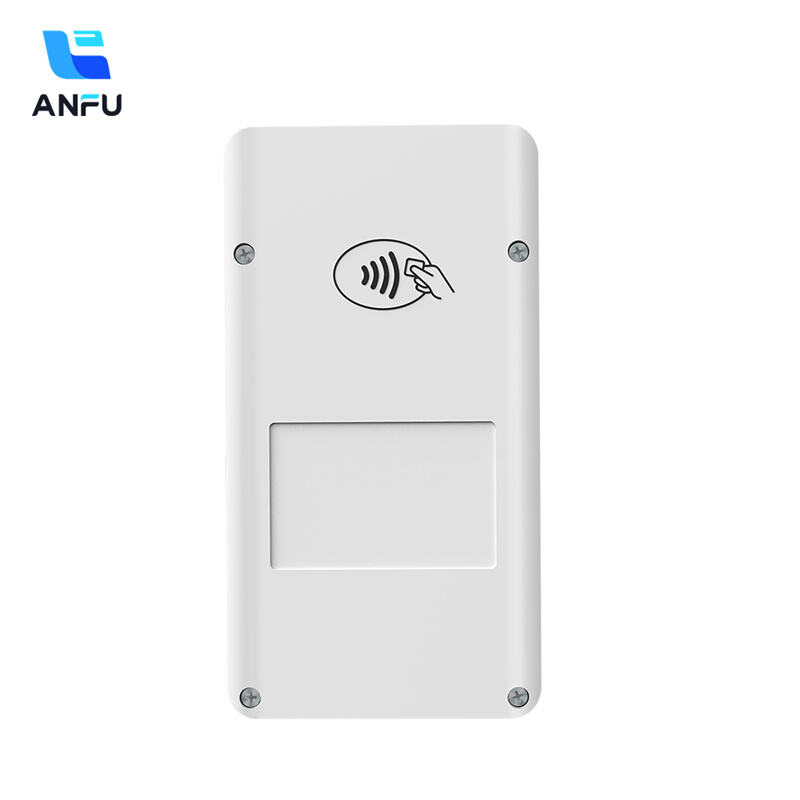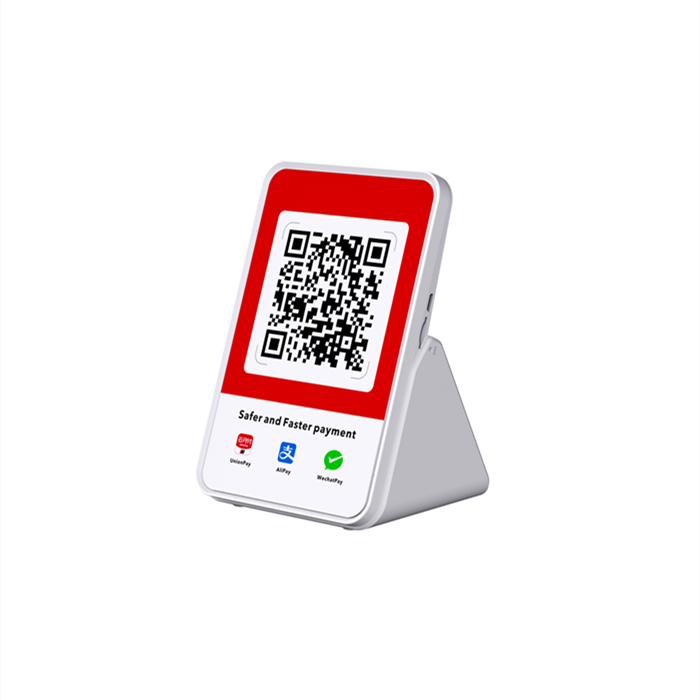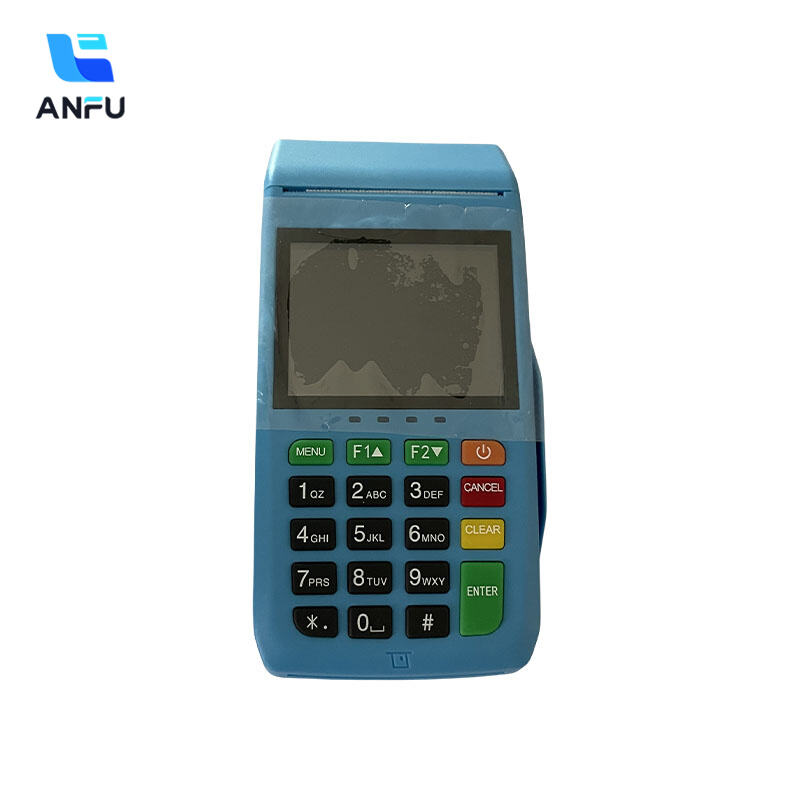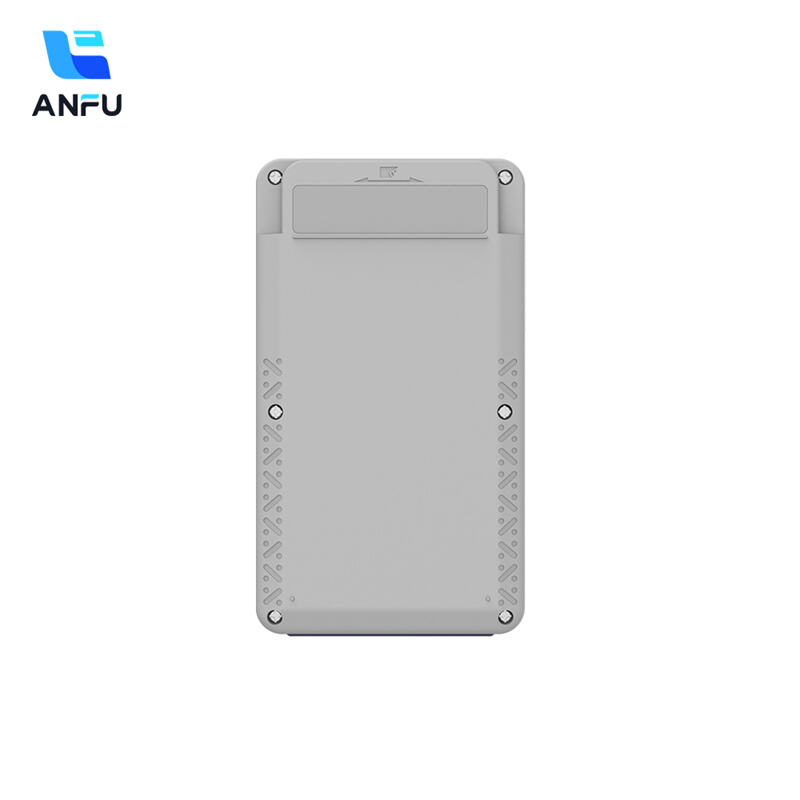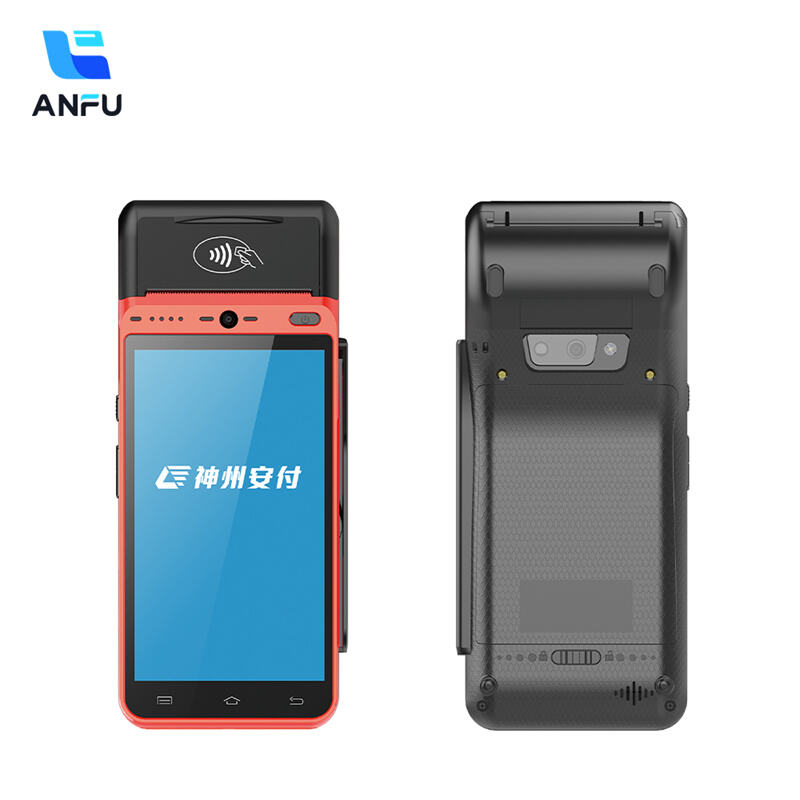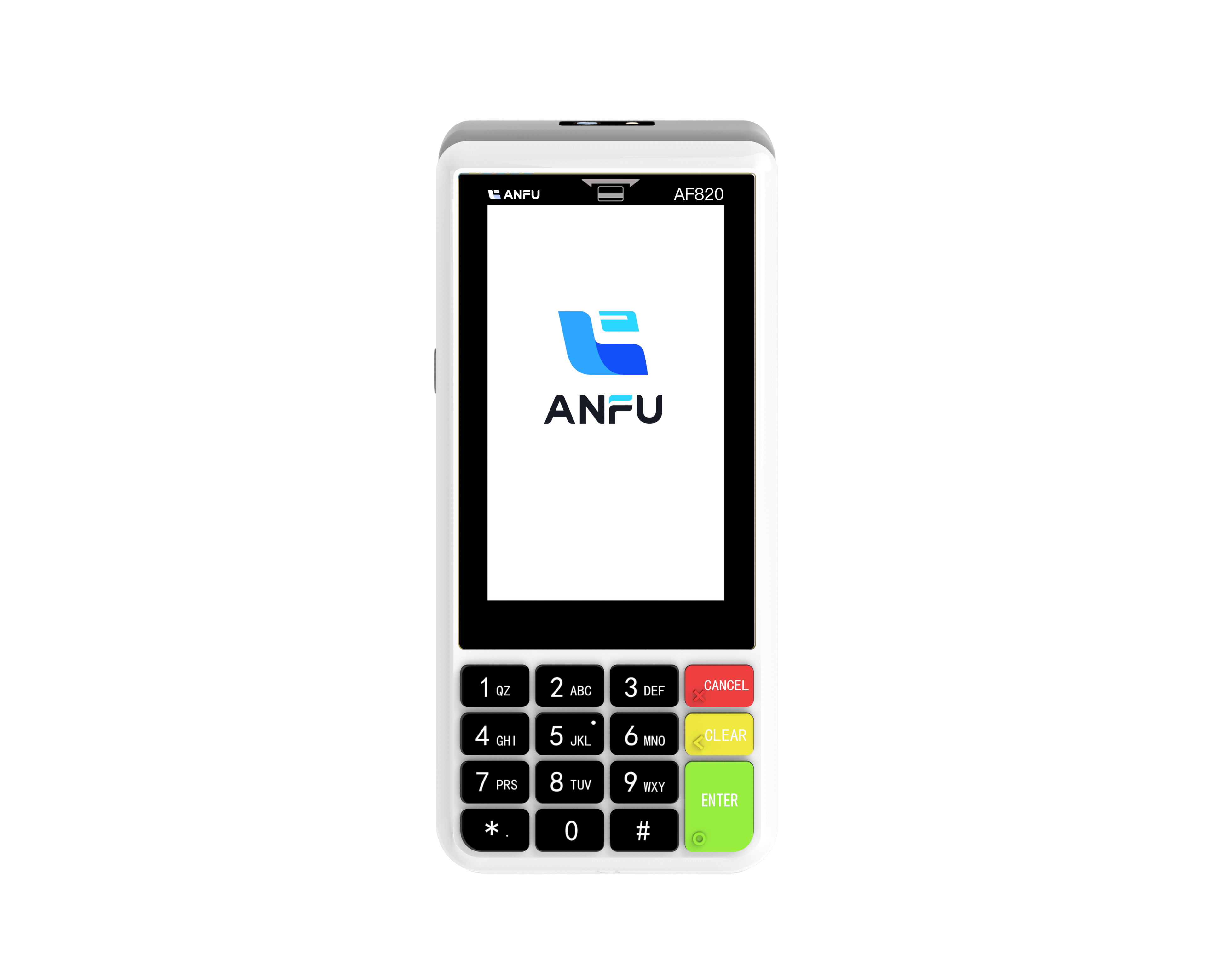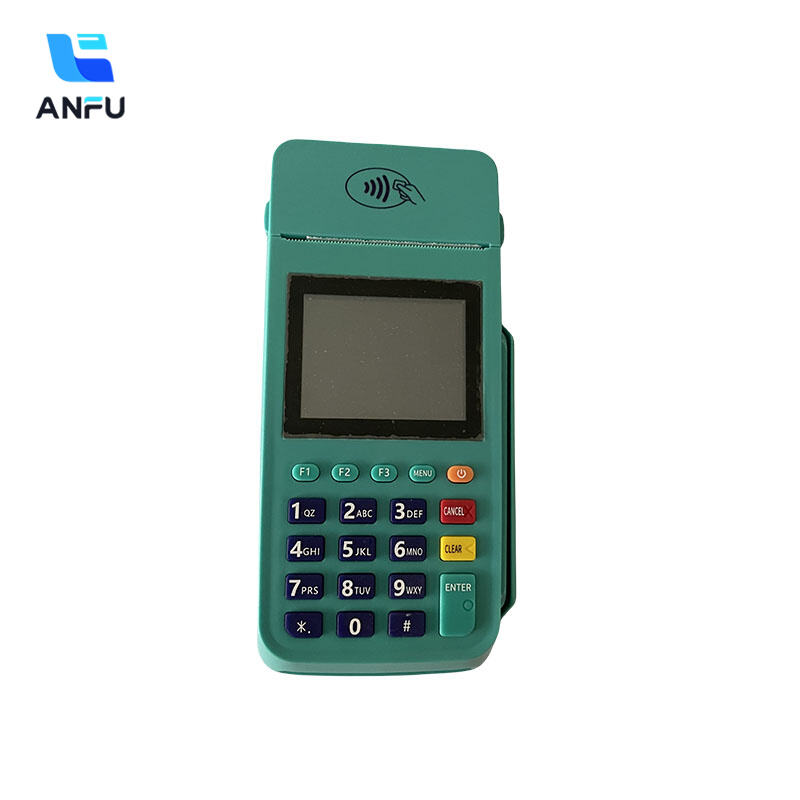Android POS for Retail: Personalized Customer Engagement Tools
Android POS CRM Integration for Targeted Customer Experiences
Building Unified Customer Profiles
Businesses wanting better customer experiences need to create those unified customer profiles. When companies bring together all that customer info from different points of contact, they get a much clearer picture of what their customers actually want. The Android POS systems make this possible by connecting online and in-store activity so easily. This helps shops understand how people shop and group them properly for marketing. We've seen it work in practice too. Take one clothing store chain that started using these integrated systems across their locations. They began sending personalized offers based on actual shopping habits instead of guesswork. Within six months, their monthly sales jumped by almost 30% without changing prices or products. Makes sense really when you think about it.
Loyalty Program Automation
When it comes to loyalty programs in Android POS systems, automation brings quite a few advantages. These setups cut down on manual work and save money too, plus customers tend to stick around longer when they know their loyalty gets recognized regularly. Research shows something interesting about businesses that automate their loyalty stuff - people who join those programs come back for seconds at least 47% more often than others. What makes Android POS really stand out is how flexible it is for creating custom loyalty experiences based on what individual customers want. Businesses can throw in special deals or points that actually matter to different shoppers. This kind of tailored approach means stores can better meet all sorts of customer expectations while building those important connections between shop owners and regulars, which ultimately keeps everyone coming back for more.
Purchase History-Driven Promotions
Looking at what customers have bought before helps businesses create better promotions tailored to what people actually want. When companies check out past purchases, they spot trends in what folks buy and what catches their eye. This info lets them design offers that hit the mark for different customer groups. Research shows that when promotions match what customers care about, sales conversions go up roughly 10 to 20 percent over regular old ads. Android based point of sale systems make all this analysis possible behind the scenes, pulling together transaction records so marketers know where to focus their efforts. Stores using this tech tend to run promotions that work better because they're based on real shopping behavior instead of guesswork, which means happier customers who keep coming back.
Stock Availability Alerts
When products come back into stock, real time alerts make all the difference for shoppers waiting on something they want. These notifications cut down on those frustrating situations where people abandon carts because what they wanted isn't there anymore, which means fewer lost sales for retailers. Retailers across different industries have found success implementing such alert systems. Take Android based point of sale setups for example these allow stores to update inventory status instantly so customers get notified right away when that item they've been eyeing becomes available again. The result? Happier customers who stay engaged with brands and actually complete their purchases rather than giving up and walking away.
AI-Powered Product Recommendations
Product recommendations powered by artificial intelligence are changing the game for businesses wanting to connect better with shoppers. These smart suggestions look at what people buy and how they shop online to push items that actually match their interests. Retailers see real results too many stores report bumping up their average orders after implementing these recommendation engines. The Android point of sale systems work really well with AI tech, letting brick and mortar shops give customers something similar to what big e-commerce sites offer. Take coffee shops for instance when someone buys a latte machine, the system might recommend syrup flavors or cleaning kits alongside it. This kind of thinking not only makes customers happier but also helps boost profits over time as repeat purchases happen more often.
Cross-Sell Opportunities During Checkout
Selling extra stuff at checkout remains one of the most important ways retailers boost their bottom line. When customers are already buying something, suggesting complementary products tends to increase what they spend overall. Retailers who get good at this see real improvements in their sales numbers. Android based point of sale systems help a lot here because they can look at customer history and suggest relevant additions automatically. These smart recommendations mean businesses don't miss out on potential sales during busy moments. Many stores report seeing anywhere from 10% to 30% increases after implementing better cross selling techniques through their digital systems.
Tablet-Driven In-Store Consultations
Tablets used during in store consultations really boost how engaged customers become and generally improve service levels. Salespeople can check product details instantly on these devices, so they give better tailored advice and help out when needed, making shopping experiences much smoother. Many stores have started using tablets in their sales strategy with good results. Take Apple for instance they've had great success letting staff show products interactively through tablets, which shoppers appreciate and keeps them coming back. The Android point of sale systems work hand in hand with this setup too since they let employees quickly look up what stock is available and see past purchase history, meaning associates know exactly what customers want before even being asked.
Mobile POS for Queue Busting
Mobile point-of-sale systems really cut down on waiting around and make shoppers happier overall. Staff can take payments anywhere in the store these days, so people don't have to line up at traditional registers anymore. The result? Shorter lines and better experiences for everyone involved. Some research indicates that stores implementing these kinds of solutions see about a 30% drop in customer wait times, which speaks volumes about how effective they actually are. From small boutiques to big chain restaurants, businesses across different sectors have adopted mobile POS tech because it just works better. Transactions happen faster when employees aren't stuck behind counters, and this convenience factor keeps coming up as one of the main reasons why companies invest in such systems despite the initial costs.
Click-and-Collect Workflow Optimization
The click-and-collect model makes life easier for customers while also helping stores sell more products. Shoppers can pick up their online purchases at local stores whenever they want, which saves them time and shipping costs. Retailers have noticed something interesting happening too. Stores that offer good click-and-collect options tend to keep customers coming back again and again. Take grocery chains for instance many of them report higher customer satisfaction scores after implementing this service. Android based point of sale systems really help get things running smoothly behind the scenes. These devices connect inventory tracking with store staff so when someone comes to collect an order, everything is ready to go. For small business owners especially, having such technology means better control over operations and happier regular customers who appreciate the hassle free pickup experience.
PCI-DSS Certified Transaction Security
For businesses handling credit card payments, getting PCI-DSS certified matters because it keeps those transactions secure, which protects sensitive customer information. The Payment Card Industry Data Security Standard (PCI-DSS) basically creates rules that companies must follow to keep payment processing safe from hackers trying to steal data. When a business complies with these standards, it makes transactions safer and helps build trust with customers who want to know their money isn't at risk. Most shoppers will stick with stores they believe take security seriously. Merchants using Android point-of-sale systems especially benefit from this certification since mobile payments are so common now. A PCI-DSS badge on their website or storefront gives customers peace of mind knowing their financial details won't end up in the wrong hands during checkout.
Tokenization for Recurring Purchases
Tokenization offers a smart way to keep customer payment info safe, particularly when dealing with repeat charges. The system works by swapping out actual credit card numbers for random tokens that mean nothing if stolen, which cuts down on fraud risks during payments. Companies that switched to this method report fewer fraud incidents overall. Some studies even point to drops around 30 to 40 percent in certain cases. Most Android point-of-sale setups can work with tokenization pretty easily, giving merchants a straightforward option for protecting those monthly subscriptions or regular purchases. For small businesses especially, implementing tokenization means safer money handling while building trust with customers who want assurance their data stays protected.
Role-Based Access to Customer Data
Role based access control isn't just good practice it's essential when dealing with sensitive customer info. The system works by restricting who gets to see what based on job roles. Cashiers don't need access to financial records while managers might require different permissions altogether. Most experts agree companies should set up clear rules about who can access what and check those permissions periodically. Android point of sale systems work well with this approach since they let businesses customize access levels according to individual needs. When implemented properly, these controls help keep data safe reduce potential breaches and ultimately build trust with customers who want assurance their personal information stays protected.
Recommended Products
Hot News
-
Smart Card 2019
2024-01-23
-
Trustech 2019
2024-01-12
-
Futurecom 2019
2024-01-12
-
Seamless Payments Asia 2020
2024-01-12
-
Seamless Middle East 2022
2024-01-12

 EN
EN
 AR
AR
 BG
BG
 CS
CS
 DA
DA
 NL
NL
 FR
FR
 IT
IT
 JA
JA
 KO
KO
 PL
PL
 PT
PT
 RU
RU
 ES
ES
 TL
TL
 ID
ID
 LT
LT
 UK
UK
 VI
VI
 HU
HU
 MT
MT
 TH
TH
 TR
TR
 FA
FA
 AF
AF
 MS
MS
 MK
MK
 HY
HY
 AZ
AZ
 KA
KA
 BN
BN
 BS
BS
 LO
LO
 MN
MN
 NE
NE
 ZU
ZU
 MY
MY
 KK
KK
 UZ
UZ
 KY
KY
